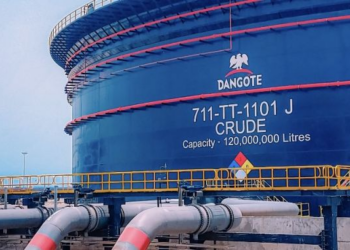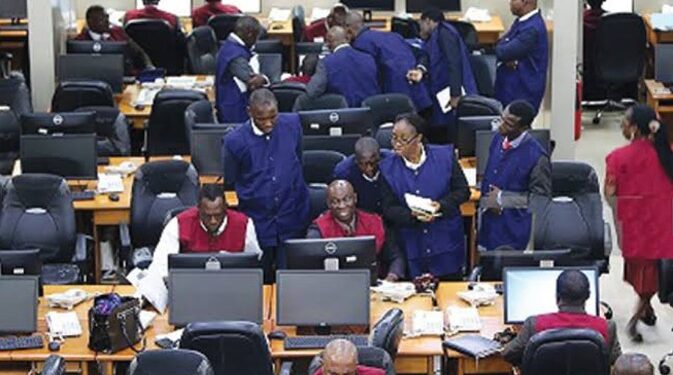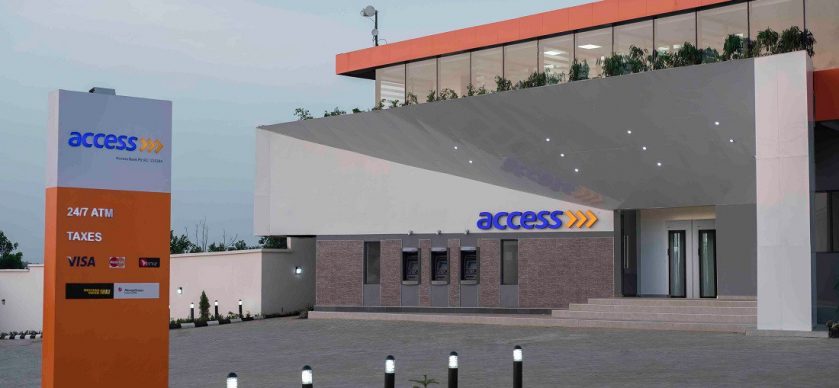Business Briefings
Marketer Backs Dangote on Cheaper Petrol in Nigeria

Petrol prices in Nigeria remain lower than in many West African nations, largely due to minimal taxation, according to the Major Energies Marketers Association of Nigeria (MEMAN).
Clement Isong, Executive Secretary of MEMAN, explained in an interview that Nigeria’s total fuel tax stands at just 1%, with 0.5% allocated to infrastructure development and another 0.5% to the Nigerian Midstream and Downstream Petroleum Regulatory Authority (NMDPRA). He said this relatively low tax burden is a key reason for Nigeria’s cheaper fuel.
Isong’s comments support a recent statement made by Aliko Dangote, President of the Dangote Group, who noted that Nigerians pay nearly half of what consumers in neighbouring countries pay for petrol. In some instances, the price difference reaches up to 50%.
Why Petrol is Cheaper in Nigeria
“The fuel tax in Nigeria is significantly lower compared to other countries. Here, it totals just one percent—split equally between infrastructure funding and regulatory support,” Isong stated. “In contrast, many other nations apply much higher levies on fuel.”
He also pointed to Nigeria’s large market size and high consumption levels, which enable “economies of scale.” With fuel being sold in greater volumes and at a faster rate, the unit cost drops—unlike in smaller markets where demand is lower and fuel takes longer to sell.
Isong acknowledged the influence of the Dangote Refinery in stabilizing local prices. “In recent months, Dangote has led the way in pricing, keeping fuel costs lower in Nigeria,” he said.
During a recent tour of the Dangote Refinery by ECOWAS Commission President Dr. Omar Touray, Aliko Dangote highlighted that petrol from his refinery retails between N815 and N820 per litre in Nigeria. In comparison, the same fuel goes for about $1 (approximately N1,600) per litre in other West African countries.
He also said the refinery’s operations have reduced prices of other petroleum products—particularly diesel, which dropped from N1,700 to N1,100 per litre. This, he noted, has positively impacted multiple sectors including agriculture, mining, and manufacturing.
However, not all industry players are pleased. Some fuel marketers and importers claim the steady decline in prices—fueled by local production—has led to significant financial setbacks, reportedly resulting in losses worth billions of naira.
Meanwhile, the National Bureau of Statistics (NBS) reported that petrol prices increased by 76.73% year-on-year to N1,239.33 in April 2025. This represented a slight month-on-month decline from March’s N1,261.65.
Price variations across states persist, with Imo, Jigawa, and Sokoto recording the highest average pump prices, while Yobe recorded the lowest. On a regional level, the South East had the highest fuel prices, while the South West recorded the lowest, highlighting ongoing price disparities despite recent reductions.



